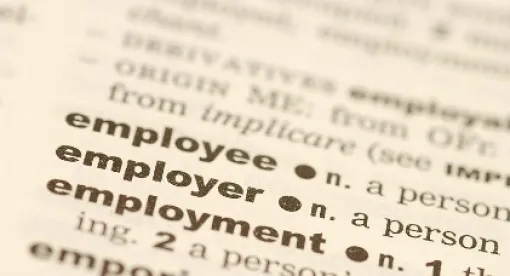Towards the end of 2017, the National Labor Relations Board issued a flurry of important decisions that established more employer-friendly standards. Significantly, the Board overturned a decision that was used to strike down many employment policies the Board found unlawfully interfered with employees’ rights to organize. Under a standard set forth in Lafayette Park Hotel (1998) and later clarified in Martin Luther Home d/b/a/ Lutheran Heritage Village-Livonia (2004), a policy could be deemed unlawful if it could be “reasonably construed” by an employee to prohibit or chill employees’ exercise of their right to self-organize for collective bargaining or mutual aid.
Before the recent reversal, this standard was used to strike down many policies, including those prohibiting employees from becoming overly-friendly with coworkers, releasing confidential information, and making false, vicious, or profane statements concerning the employer. These decisions made run-of-the-mill employment provisions subject to a potential finding of unlawfulness.
In the recent Boeing Co. decision, which overturned the “reasonably construed” standard, the Board reversed the holding of an administrative law judge stating that restricting employee use of camera-enabled devices, such a smart phones, on company property constituted unlawful interference with rights protected by the National Labor Relations Act (“NLRA”). In overturning this decision, the Board stated that it would no longer find “facially neutral” policies unlawful based upon “a single inquiry” that turned on whether an employee “ ‘would reasonably construe’ a rule to prohibit some type of potential Section 7 activity that might (or might not) occur in the future.”
The Board will now evaluate: (1) the nature and extent of the potential impact on NLRA rights, and (2) legitimate justifications associated with the rule. The Board also announced that it will delineate three categories of rules to bring greater clarity to this topic. Category 1 will include rules that the Board deems lawful because either (i) the rule when reasonably interpreted does not interfere with the exercise of NLRA rights; or (ii) the potential adverse impact is outweighed by justifications associated with the rule. This includes the no camera requirement articulated in Boeing and rules regarding basic civility. Category 2 will include rules that require individual scrutiny to determine whether any adverse impact on NLRA rights is outweighed by legitimate justification. Category 3 will include rules that the Board would deem as unlawfully interfering with NLRA rights due to the adverse impact outweighing any potential justification. This would include bans on employees discussing their wages.
This relaxed standard should relieve a great deal of confusion and allow employers to implement common sense policies that serve legitimate business interests. Employers should continue to ensure they can articulate a legitimate justification for each policy and should not attempt to enforce rules that would greatly interfere with employees’ NLRA rights.



 />i
/>i
